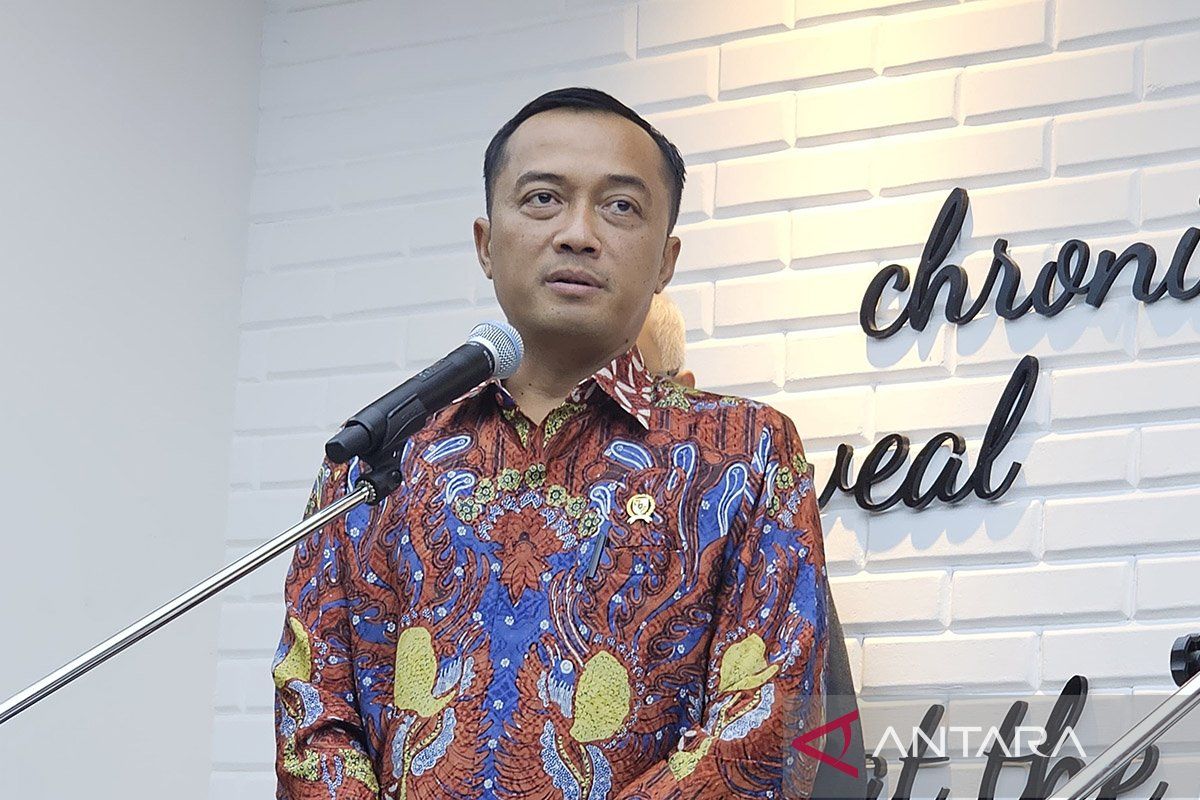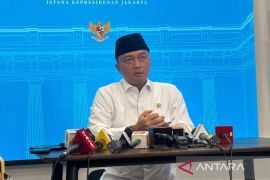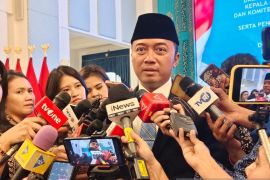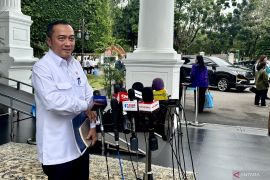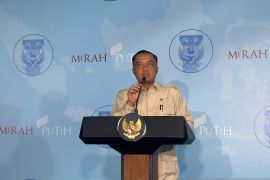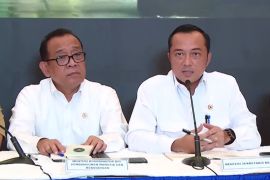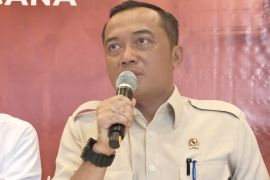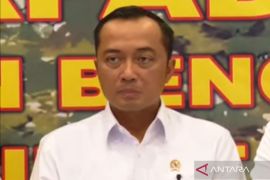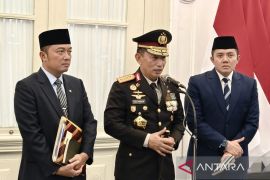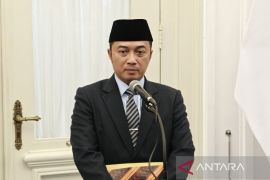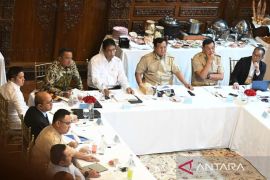Indonesia's Ministry of State Secretariat issued a new regulation expected to help the government achieve a higher level of efficiency when sending officials abroad for work agendas.
New provisions are put forward in a letter numbered B-32/M/S/LN.00/12/2024 concerning the policy on permits for overseas official trips signed by State Secretary Minister Prasetyo Hadi in Jakarta on December 23, 2024.
The letter urged leaders and officials of ministries, agencies, regions, and other institutions to pursue efficiency and exercise prudence in the planning of overseas work trips.
In the new policy, the government highlights several points of utmost importance, including the need for state and regional institutions to embark on overseas trips selectively and orient them towards improving work performance and regional development.
Second, the state will only approve overseas trips of high urgency that are directly associated with national priority programs.
Furthermore, the policy places restrictions on the quota of delegates. For instance, the participants of academic programs and diplomatic activities will be determined according to applications, whereas the number of delegates for technical activities abroad is limited to three.
Related news: Prabowo urges officials to reduce overseas work trips for efficiency
Up to 10 participants are allowed for overseas training and benchmarking activities, while cultural, tourism, and investment missions should involve the deployment of a maximum of five delegates, excluding companions.
The letter also dictates that state visits by the president and vice president are to be arranged according to the head of state's orders through the foreign affairs minister. Meanwhile, the state secretary minister is tasked with arranging official visits by ministers and agency leaders.
The number of delegates for cross-institutional international forums should be set based on recommendations from the institutions involved. Moreover, the state may dispatch up to five officials to bilateral and multilateral agendas, with an additional two permitted for activities involving cross-organization working groups.
Moreover, the new policy enforces stringent requirements and procedures for delegates and their institutions, mandating them to submit an application no later than seven days before departure and provide supporting documents, such as work frameworks, invitations from organizers abroad, and funding statements.
Each participant must also provide a post-activity report no later than two weeks after arriving home.
All officials are bound to the consequences, including administrative sanctions, resulting from embarking on overseas work trips unapproved by the president.
New provisions are put forward in a letter numbered B-32/M/S/LN.00/12/2024 concerning the policy on permits for overseas official trips signed by State Secretary Minister Prasetyo Hadi in Jakarta on December 23, 2024.
The letter urged leaders and officials of ministries, agencies, regions, and other institutions to pursue efficiency and exercise prudence in the planning of overseas work trips.
In the new policy, the government highlights several points of utmost importance, including the need for state and regional institutions to embark on overseas trips selectively and orient them towards improving work performance and regional development.
Second, the state will only approve overseas trips of high urgency that are directly associated with national priority programs.
Furthermore, the policy places restrictions on the quota of delegates. For instance, the participants of academic programs and diplomatic activities will be determined according to applications, whereas the number of delegates for technical activities abroad is limited to three.
Related news: Prabowo urges officials to reduce overseas work trips for efficiency
Up to 10 participants are allowed for overseas training and benchmarking activities, while cultural, tourism, and investment missions should involve the deployment of a maximum of five delegates, excluding companions.
The letter also dictates that state visits by the president and vice president are to be arranged according to the head of state's orders through the foreign affairs minister. Meanwhile, the state secretary minister is tasked with arranging official visits by ministers and agency leaders.
The number of delegates for cross-institutional international forums should be set based on recommendations from the institutions involved. Moreover, the state may dispatch up to five officials to bilateral and multilateral agendas, with an additional two permitted for activities involving cross-organization working groups.
Moreover, the new policy enforces stringent requirements and procedures for delegates and their institutions, mandating them to submit an application no later than seven days before departure and provide supporting documents, such as work frameworks, invitations from organizers abroad, and funding statements.
Each participant must also provide a post-activity report no later than two weeks after arriving home.
All officials are bound to the consequences, including administrative sanctions, resulting from embarking on overseas work trips unapproved by the president.
Translator: Andi F, Tegar Nurfitra
Editor: Yuni Arisandy Sinaga
Copyright © ANTARA 2024
